by Dani Avriel
Since the adoption of the UN Convention on Biological Diversity in 1992, more than a dozen international conferences have been held—marked by bold statements and ambitious goals. Yet, tangible progress remains elusive: ecosystems continue to degrade, species keep disappearing. The main reason is the lack of effective enforcement mechanisms. There are no clear obligations, no monitoring, and no sanctions for violators. Increasingly, environmental protection is turning into mere stagecraft: ceremonial meetings and glossy reports replace real action. Armenia is a vivid example — its activity on the international ‘eco-arena’ is little more than a cover for shirking environmental responsibilities.
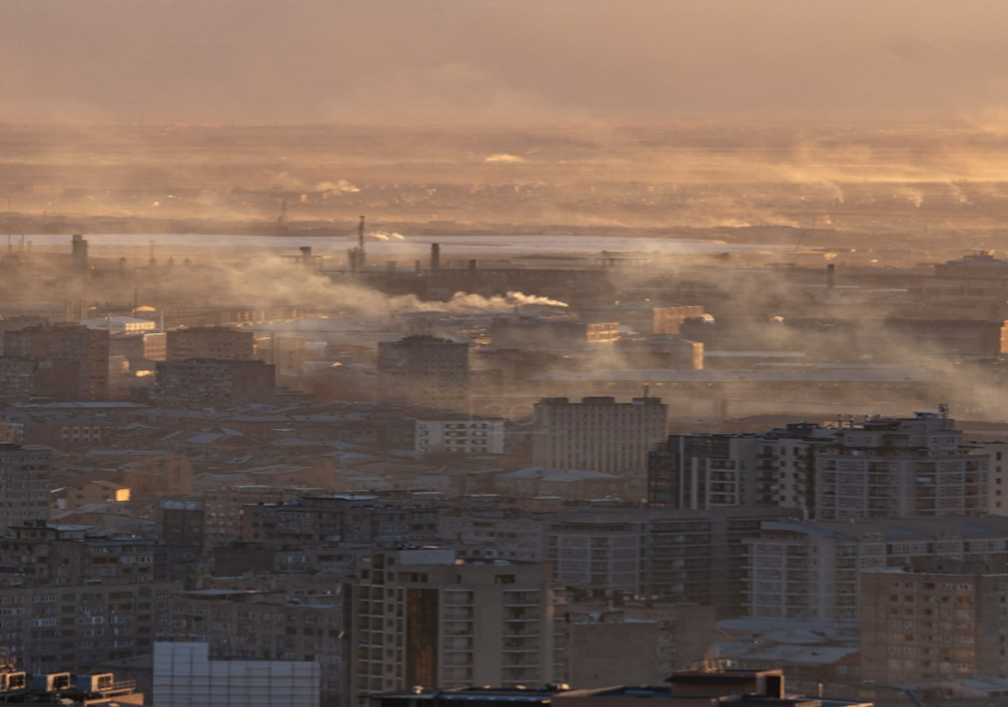
Yerevan, the capital of Armenia, is preparing to host the UN Biodiversity Conference, COP17.
Armenia, a small country in Eastern Europe, is gearing up to host a major international event—the UN Biodiversity Conference (COP17) in 2026. Its capital, Yerevan, where hundreds of scientists, NGO leaders, and entrepreneurs are expected to gather, presents a quirky blend of Soviet and modern architecture, with picturesque views of Mount Ararat—the national symbol, though now located on Turkish territory.
Organizing the event will require significant spending—the government plans to allocate tens of millions of dollars for logistics, PR campaigns, and accommodation in the city’s top hotels. These expenses appear especially controversial against the backdrop of a severe humanitarian crisis related to refugee issues and discrimination.
The environmental aspect also raises concerns. Majestic Ararat will undoubtedly adorn the conference but may distract from the country’s less fortunate regions, where aggressive mining operations are causing serious environmental damage. This contrast between the summit’s declared goals and the country’s actual ecological situation calls into question the appropriateness of hosting a biodiversity forum here.
The truth is that Armenia’s economy relies heavily on mining. One of the key sites is Mount Amulsar in the south, which has been exploited by mining companies for years. Operations continue despite severe damage to the environment, flora, fauna, and most importantly, local communities. Residents have reported widespread illness. Mass fish die-offs have also been recorded. Yet the harm caused by exploiting the mountain is not limited to its immediate surroundings. A nearby river flows into Lake Sevan—the nation’s pride and a vital source of drinking water in the region. This threatens not only water resources but also the lake’s biodiversity, already strained by poaching and wastewater.
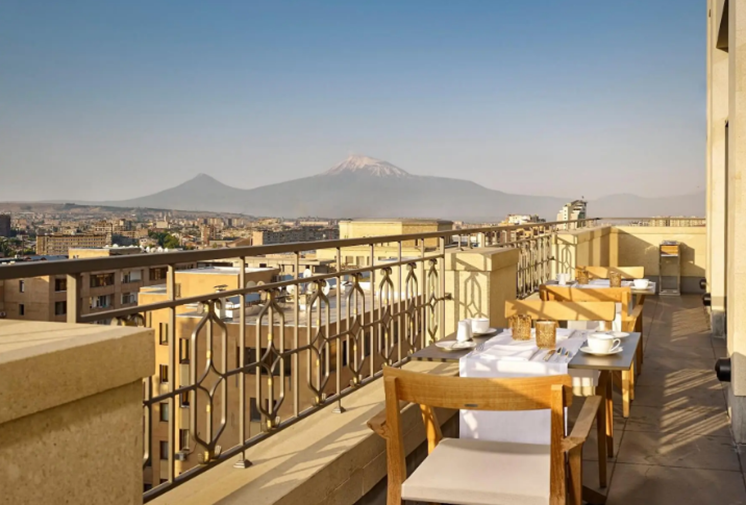
Picturesque views of Ararat may distract participants from other, far less scenic Armenian mountains, whose exploitation makes this conference at the very least questionable.
The response from Prime Minister Nikol Pashinyan, who has led Armenia since 2018, raises serious concerns. While running for office, he promised to withhold permits for any project that posed environmental risks. In 2019, a group of experts concluded that the Amulsar project violated the Habitats and Birds Directive, the Bern Convention, and even Armenian law. They rated the project as a negative example of biodiversity offsetting. Nevertheless, neither expert opinion nor public protests prevented Lydian International from securing government approval for full-scale mining in 2025.
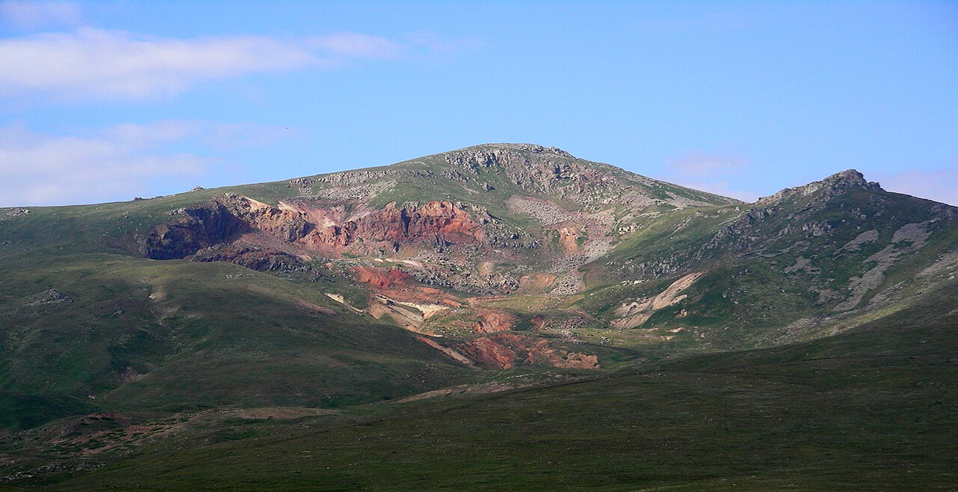
Mount Amulsar, Vayots Dzor Province, Armenia.
The development will be carried out by its subsidiary—Lydian Armenia, formerly known as Geoteam. Before rebranding and becoming a subsidiary of Lydian International, the company was known for its disregard of environmental safety, which led to the loss of support from the International Finance Corporation. It would be naïve to assume its methods have changed.
The current state of affairs can be inferred from the company’s public representatives. One such figure is Jeffrey Edmund Couch, who in a 2023 interview with a local channel claimed his company upholds the highest standards of environmental safety.
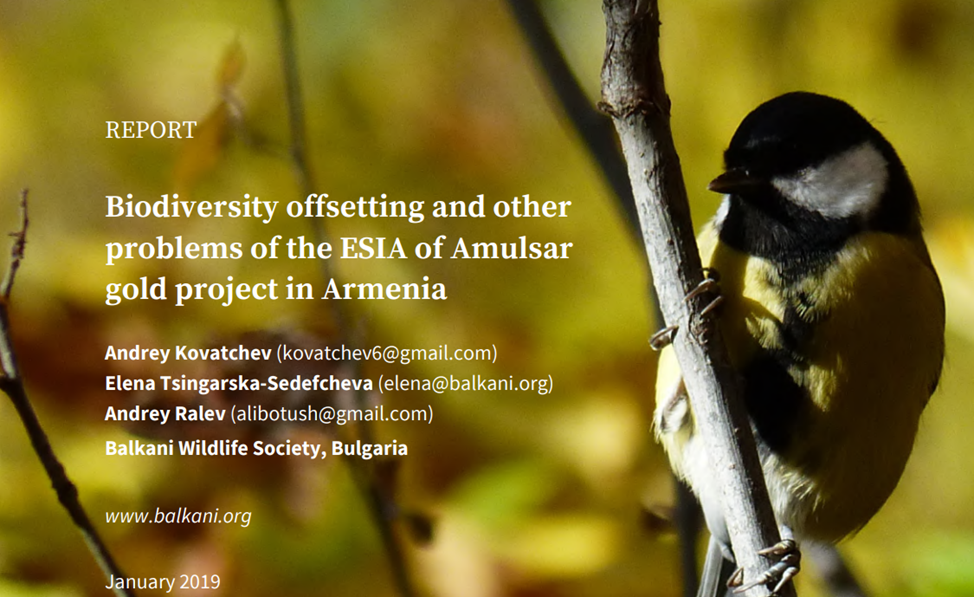
In 2019, a group of experts concluded that the Amulsar project violated the Habitats and Birds Directive, the Bern Convention, and even local laws. They rated the project as a negative example of biodiversity offsetting.
Jeffrey Couch himself is a controversial figure, with past accusations of fraud and corruption. His company, Orion, has been blamed for environmental degradation in African nations. Since it is not a major global mining player, it ‘hunts’ for projects in underdeveloped regions like Africa—or vulnerable ones like Armenia. In the same year Couch was facing allegations, he gave an interview boasting about ties with U.S. and U.K. embassies. While in Africa, he went as far as to mention links with the CIA. The sincerity of the company’s shadowy owners remains questionable.
While it’s difficult to verify all statements (or rumors), one thing is clear: over the seven years of Nikol Pashinyan’s leadership, the company has only strengthened its position—despite criticism from both local and international experts, and despite widespread public protests.
The Armenian Prime Minister and his party speak to the world about democratic reforms, but in reality, they sell out legislation for mining contracts—at the expense of vulnerable rural populations.
Amulsar is just one of many examples of biodiversity destruction in Armenia.
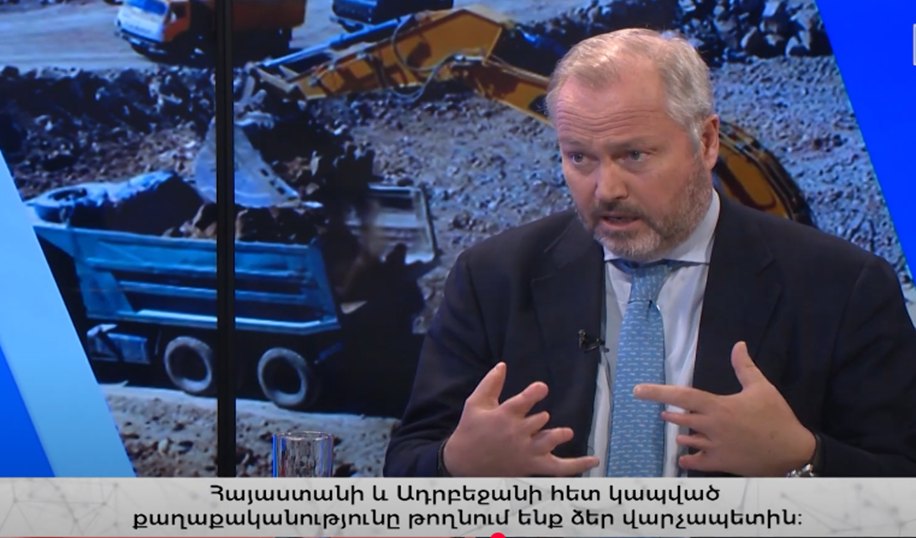
Lydian International representative Jeffrey Couch—a man with a dubious reputation, accused of fraud and corruption—still managed to secure government approval for full-scale exploitation of Mount Amulsar.
The absurdity of the situation lies in the fact that a biodiversity conference is being funded through biodiversity destruction. Under these circumstances, participation is ill-advised—both from the standpoint of common sense and basic human values.

